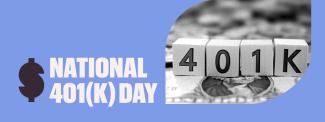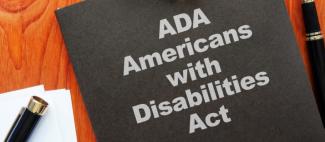As a small business owner, you have different retirement options, but making the right decision depends on your company size, income, and other essential factors. Take a look at a breakdown of the types of retirement plans available according to ADP.
Traditional 401(k)
You, the business owner, create a plan, and employees can contribute pretax dollars from their earned wages, which their employer may or may not choose to match, up to an annual maximum. These plans require considerable administrative resources because they must undergo rigorous non-discrimination testing.
Individual or solo 401(k)
If you are an individual or a sole proprietor with no employees, a solo 401(k) is an excellent option to explore. Through a combination of elective salary deferrals and profit sharing, these plans allow participants to contribute more of their income than would be possible with some other types of retirement plans. If you plan to expand and hire employees, this may not be your best option.
SIMPLE IRA
This is an option if you are on the small-medium side with less than 100 employees. Employers must contribute to Simple IRAs, but no discrimination testing exists, and participants are fully vested immediately. SIMPLE IRAs also cap employee contributions at a lower amount than 401(k) plans.
Safe Harbor 401(k)
Safe Harbor plans satisfy non-discrimination testing because employers must match plan participants’ contributions; or make contributions for all eligible employees.
Roth 401(k)
Because employees contribute post-tax dollars to a Roth 401(k), it has the advantage of tax-free withdrawals at retirement. Employers
If you are an employer or even the sole employee of your business, there are benefits to having a retirement plan. For one, you can contribute a hefty portion of your salary to your personal 401(k) account—the account associated with the program you offer to employees—and possibly put yourself in a lower tax bracket.
Providing retirement plan options for your employees also has rewards as it boosts company morale and productivity and attracts more talent. Be sure to look into vesting options if you are still building your team and loyalty or longevity is a concern.
We want to continue offering opportunities for financial literacy to introduce entrepreneurs to helpful terminology and services. We chatted with Ian McDermott from our finance programs about the importance of financial literacy and how it benefits small business owners. Ian has been on the Start Small Think Big team for four years, and outside of his love for finance, he’s also in law school. Keep reading for his insights.







